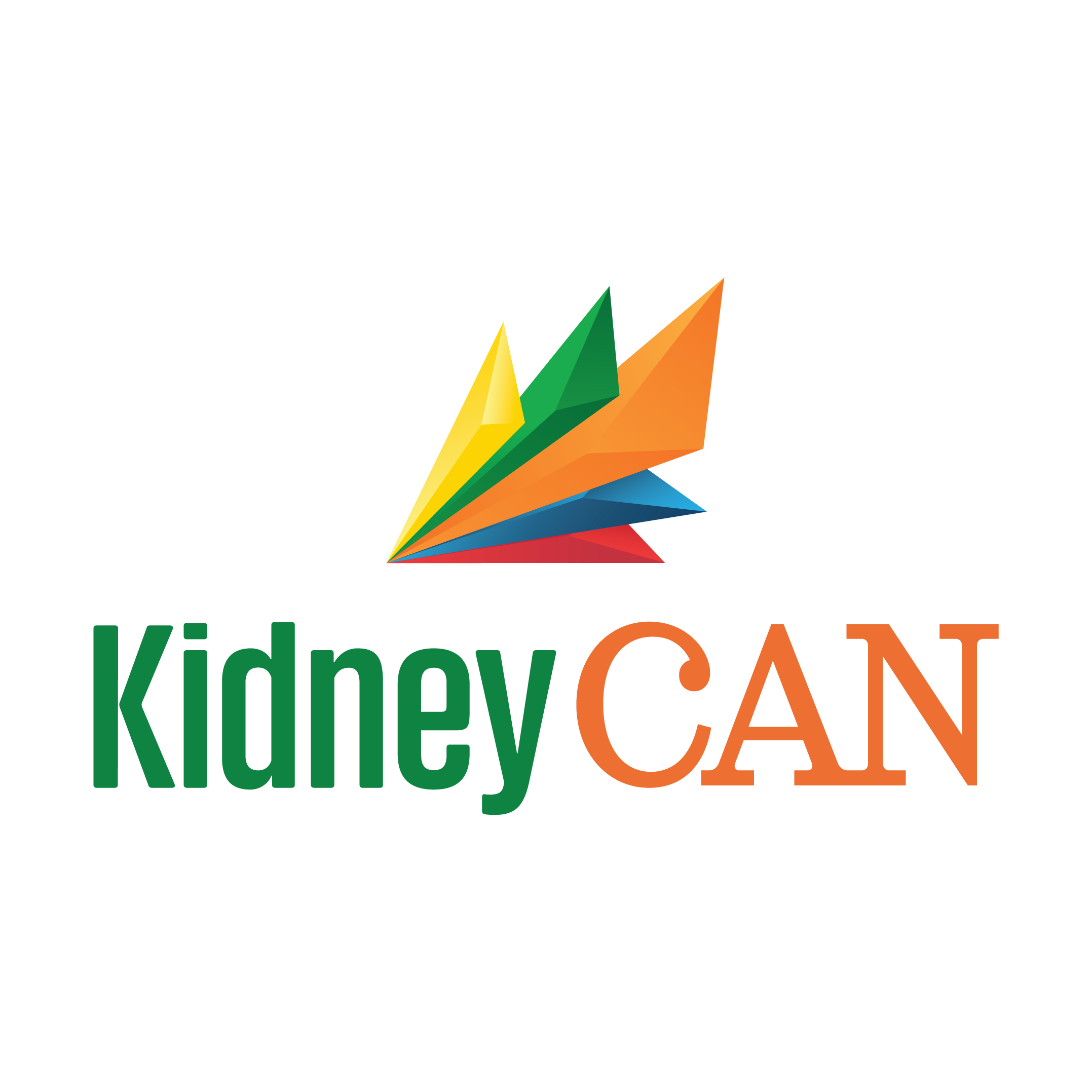
Lenvima, Keytruda Elicits Greater Responses Than Sutent in Advanced RCC

Responses to treatment with Lenvima plus Keytruda for advanced renal cell carcinoma were present regardless of PD-L1 status.
More patients with advanced renal cell carcinoma (RCC) obtained a partial or complete response to treatment with Lenvima (lenvatinib) plus Keytruda (pembrolizumab) compared with Sutent (sunitinib), recent study results demonstrated.
Findings from this analysis of the phase 3 CLEAR study presented at the 2023
The objective response rate (the percentage of patients with a partial or complete response to treatment) was 71.3% among patients receiving Lenvima plus Keytruda compared with 36.7% among those receiving Sutent.
Of those with a response to Lenvima plus Keytruda, 53% experienced a partial response (decrease in tumor size or extent of cancer), 18.3% had a complete response (the disappearance of all signs of cancer from treatment) and 18.9% had stable disease (cancer that has neither decreased nor increased in severity or extent).
Of those with a partial response, 16.6% had a partial response with at least 75% reduction in tumor size, 23.7% had a partial response with between a 50% and 75% reduction, and 12.7% had a partial response with between a 30% and 50% reduction.
Investigators reported complete responses, near-complete responses and partial responses across all patients receiving Lenvima plus Keytruda regardless of PD-L1 status. Moreover, rates of complete responses, near-complete responses and partial responses were comparable across patient subgroups based on risk assessments.
In the phase 3 CLEAR study, treatment-naïve patients with advanced RCC which had a clear cell component were randomly assigned to one of three treatment arms. Treatment consisted of either Lenvima plus Keytruda, Lenvima plus Afinitor (everolimus) or Sutent.
The primary objective of this analysis was to characterize which patients experienced an objective response in the Lenvima plus Keytruda arm. The major focus of the CLEAR study was progression-free survival (the time during and after treatment when a patient with cancer lives without disease worsening). Other areas of focus included objective response rate, overall survival (the time when a patient with cancer is alive) and safety.
The median age of patients who experienced a partial response to Lenvima plus Keytruda was 64 years. Additionally, most patients with a partial response were men (78.2%).
Across those with a complete response, a partial response, a partial response with up to 75% tumor reduction, a partial response with between 50% and 75% tumor reduction and those with a partial response with between 30% and 50% tumor reduction, anywhere from 67.7% to 82.2% of patients had lung lesions. Additionally, 24.4% to 55.4% of patients had one metastatic (the spread of cancer from the primary site to other places in the body) organ or site, 66.1% to 82.2% had intermediate- or poor-risk disease, and 29.2% to 51.1% had PD-L1–negative tumors. Anywhere from 48.9% to 93.8% of patients underwent prior nephrectomy (surgery to remove a kidney or part of a kidney).
The median duration of response was 26.7 months among patients receiving Lenvima plus Keytruda versus 14.7 months among those receiving Sutent.
For patients receiving Lenvima plus Keytruda, the median duration of response was 43.7 months among those with a complete response and 20.4 months among those with a partial response. Additionally, the median duration of response was 30.5 months for those with a partial response and higher (75% or greater) tumor reduction, 19.6 months for those with a partial response and intermediate reduction, and 14.7 months for those with a partial response and lower reduction (between 30% and 50%).
Across all patients who responded to treatment, anywhere from 28.9% to 84.6% of patients experienced a response for at least 18 months.
The median overall survival was not evaluable (meaning more than half of patients were alive when this was assessed) for those with a complete response or near- complete response and 46.3 months for those with a partial response and a maximum tumor reduction of at least 30% and no greater than 75%. The 24-month and 36-month overall survival rates in these responder groups were 100% versus 79.5% and 96.9% versus 61.7%, respectively.
Patients with a complete response had a median of 3.12 months until time of first dose reduction. Moreover, the median time to first dose reduction among those with a partial response was 2.12 months for those with lower tumor reduction, 2.22 months for those with intermediate reduction and 1.87 months for those with higher reduction.
The median duration of treatment among patients with a complete response, those with a near- complete response and those with a partial response were 36.5 months, 26.6 months and 23.8 months, respectively.
For more news on cancer updates, research and education, don’t forget to




